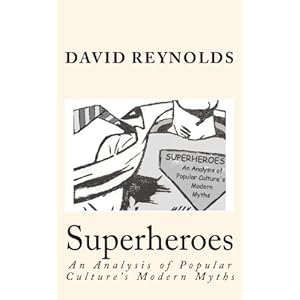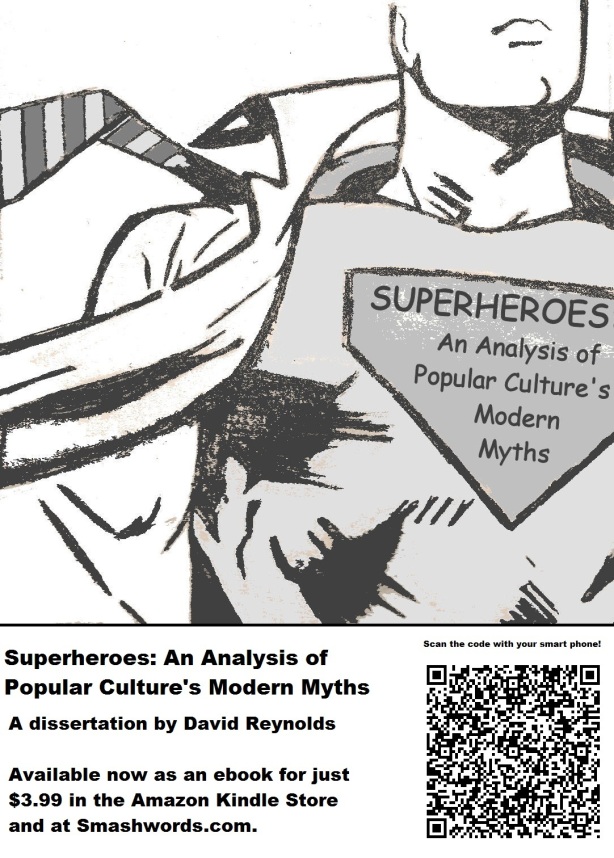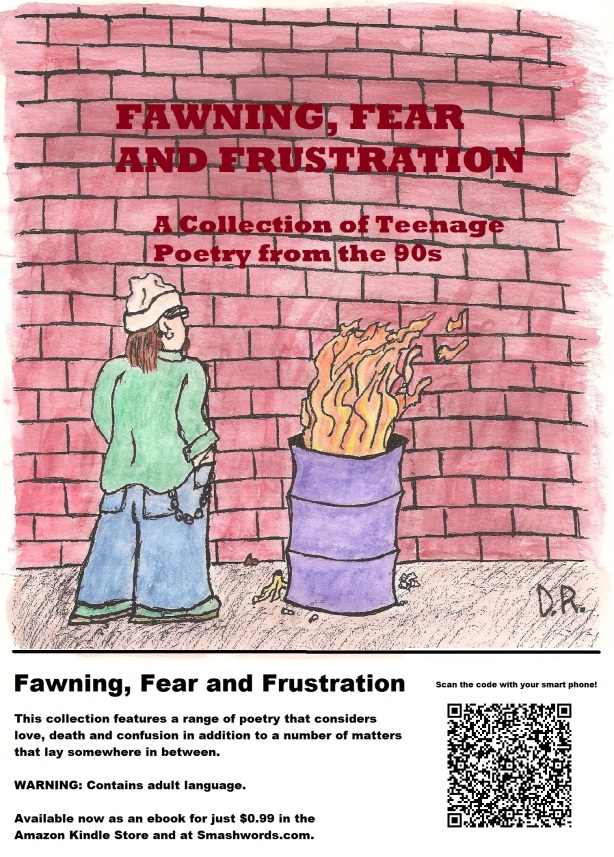By David Reynolds
If you’re looking for an introductory history of the superhero, then you’ll be satisfied with the PBS documentary Superheroes: A Never-Ending Battle. Hosted by Liev Schreiber, who played Sabertooth in X-Men Origins: Wolverine, the film provides an adequate overview of the history of superheroes, but it may not quite quench the thirst of more advanced comics buffs.
Much like my own dissertation on the subject, Superheroes: An Analysis of Popular Culture’s Modern Myths, this PBS documentary focuses on superheroes as they appear across media, unlike other histories which focus only on comics in general or the superhero’s role in comics. Hearing legends like Stan Lee, Jack Kirby, Joe Simon, and Alan Moore share their stories about the industry provides invaluable input about the infancy and growth of the genre. However, while this documentary collects interviews with many legends of the industry, it falls short in scholarly expertise. Trina Robbins‘ input as a comics historian is quite valuable in this respect, but there ought to be further reference to academic expertise throughout the series.
Superheroes: A Never-Ending Battle is divided into three episodes, which roughly correspond to the Golden, Silver, and Modern Ages of Comics. Accordingly, the first episode covers the birth of the superhero in 1938 with the emergence of Superman in Action Comics #1. The origins of Batman, Wonder Woman, Captain America, and other superheroes are covered here, as well, acknowledging the inspiration taken from pulp characters, like the Spider or the Shadow. The film also discusses superheroes as American gods, emphasizing their role as modern hero myths, and it even touches on how superhero narratives were used as wartime propaganda. These are perspectives I have considered in my own dissertation. Such accounts in Superheroes: A Never-Ending Battle tend to reflect the scholarship, although the treatment of these subjects in the film is brief.
In discussing the sizable slew of superheroes that emerged following the success of Superman and Batman, the film highlights Fawcett Comics‘ Captain Marvel. Here is where I have a particular gripe with the documentary’s portrayal of events. The film makes no mention of the despicable copyright lawsuits that resulted in DC Comics (known as National Comics at the time) winning the rights to Fawcett’s Captain Marvel. Basically, DC claimed that Captain Marvel was infringing on Superman’s copyright, claiming the characters were too alike. They are about as alike as any other pair of superheroes, but the courts eventually favoured with DC and Fawcett had run out of money to pursue the fight. This is one of many dark stains on the genre, in my opinion, because it represents the tremendous level of greed inherent to the industry. Don’t forget how the big publishers all too often denied copyright and royalties to creators, most infamously the creators of Superman, Jerry Siegel and Joe Shuster. Well, the comic book copyright wars are overlooked entirely in this documentary. Don’t take this as too damning a critique, however; most are quite satisfied to enjoy the view of the tip of an iceberg.

The second and third episodes provide accounts of the Silver and Modern Ages. The Silver Age is largely portrayed as defined by Stan Lee’s revolution of telling stories about superheroes with relatable problems, noting the introduction of the Fantastic Four and Spider-Man. Superman, Batman, and other archetypal superheroes had hitherto seemed impervious to the everyday troubles of regular folk, so Stan Lee’s departure from that norm is truly remarkable even if it seems like a no-brainer to fans today. The Modern Age is defined by further narrative complexity, citing Frank Miller‘s Dark Knight Returns and Alan Moore’s Watchmen as definitive texts that reflect relevant social tensions. These works challenged the very foundations of superhero narratives, forcing readers to question the motives of all these masked vigilantes. This sort of complexity continues after the destruction of the two towers on September 11, 2001, when superhero narratives again challenge our assumptions about the value of security and civil liberties, such as with Marvel’s Civil War crossover series. The documentary literally juxtaposes the implementation of George W. Bush‘s Patriot Act with the issues addressed in Civil War. That the film engages in this conversation is reassuring, because to dismiss it would be a crucial oversight. However, the film does not go so far as to point out the troubling normalization of mass surveillance in Christopher Nolan‘s film Dark Knight.
Ultimately, Superheroes: A Never-Ending Battle is well worth watching for any fan of superheroes. If you’re new to reading comics, you might find some classic titles to check out for yourself. If you’re a long-time fan, then you’ll find a great deal to be nostalgic about across all three episodes. There are some unusual moments unique to this documentary, as well; nowhere else have I heard Adam West (of campy ’60s Batman fame) read lines from Miller’s dark and brooding Dark Knight Returns. So, if you haven’t seen this one yet, you might find it on Netflix.
And, if you’re interested in reading a more advanced take on how superhero narratives function in popular culture, then you should check out my book, Superheroes: An Analysis of Popular Culture’s Modern Myths. Please, read and enjoy!

You’re still here? Great! If you dig this review, then “Like” my Facebook page! You might also check out what else I am up to over at Problematic Press. Many thanks! Cheers!




